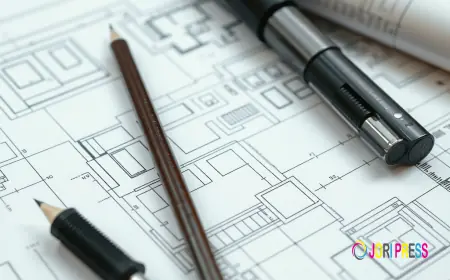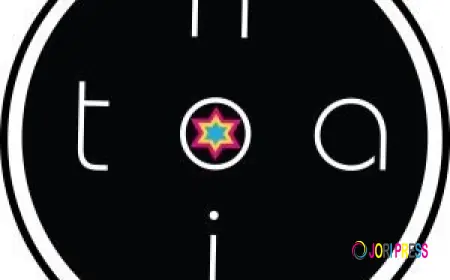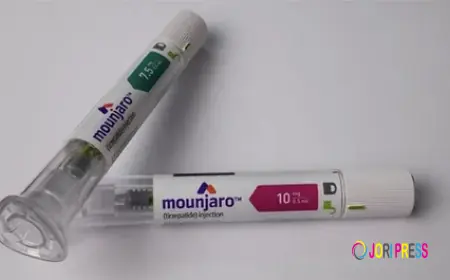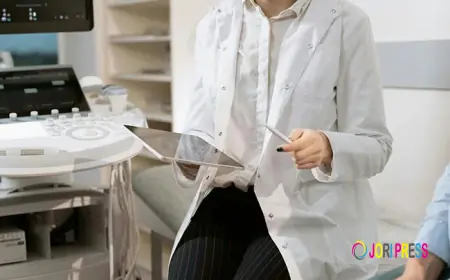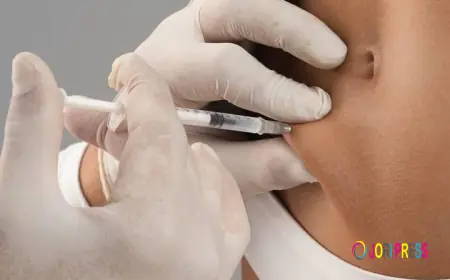Skin Looks Worse After Hydrafacial in Riyadh: Causes, Solutions, and Aftercare Tips
If you’re wondering why your Skin Looks Worse After Hydrafacial in Riyadh, you’re not alone.
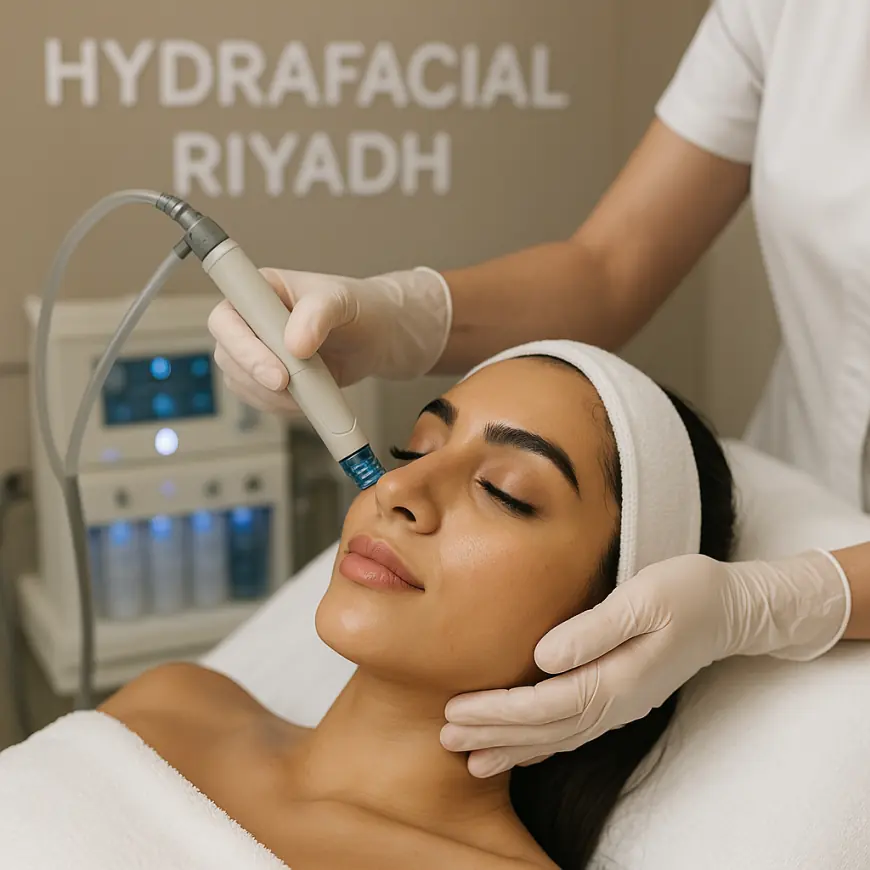
Hydrafacial has rapidly become one of the most sought-after skincare treatments in Riyadh, celebrated for its ability to cleanse, exfoliate, and hydrate the skin simultaneously. Many seek Hydrafacial treatments to achieve glowing, radiant skin with minimal downtime. However, some individuals find that their skin looks worse immediately or a few days after the treatment—experiencing redness, breakouts, dryness, or irritation.
If you’re wondering why your Skin Looks Worse After Hydrafacial in Riyadh, you’re not alone. This blog will explore the reasons behind such reactions, what to expect, and how to properly care for your skin post-treatment to ensure the best results.
What Is a Hydrafacial?
Hydrafacial is a non-invasive facial treatment that combines cleansing, exfoliation, extraction, hydration, and antioxidant protection in one session. It uses a specialized device to gently remove dead skin cells and impurities while infusing nourishing serums. The process is designed to improve skin texture, reduce fine lines, and leave skin feeling refreshed.
Despite its gentle approach, the procedure can trigger temporary skin reactions, which might make the skin appear worse before it gets better.
Why Does Skin Look Worse After Hydrafacial?
1. Skin Purging (Detoxification Process)
One of the most common reasons for skin looking worse after a Hydrafacial is the purging effect. Since the treatment deeply cleanses and unclogs pores, impurities trapped beneath the skin can rise to the surface.
-
What Happens? You might notice the appearance of new pimples, blackheads, or whiteheads shortly after your session.
-
Duration: This purging typically lasts 5 to 7 days and signals your skin is renewing itself.
-
Why It Happens: The treatment accelerates skin cell turnover and clears blockages, which can temporarily worsen your complexion.
2. Temporary Redness and Sensitivity
Hydrafacial includes mild exfoliation and suction, which can cause temporary irritation, especially for sensitive skin types.
-
What Happens? Redness, slight swelling, and tenderness might be visible immediately post-treatment.
-
Duration: This usually subsides within 24 to 48 hours, although Riyadh’s dry climate might prolong sensitivity.
3. Reaction to Active Ingredients
Hydrafacial serums often contain acids such as glycolic and salicylic acid, along with peptides and antioxidants. While these ingredients benefit most skin types, they may cause dryness, peeling, or itchiness in some individuals.
-
What Happens? Mild irritation or flaking may occur.
-
Solution: Communicate with your skincare provider to customize serum strength and composition.
4. Underlying Skin Conditions
If you have pre-existing conditions like rosacea, eczema, or acne, Hydrafacial could temporarily exacerbate symptoms.
-
Advice: Consult a dermatologist before the treatment to ensure it’s suitable for your skin.
5. Post-Treatment Care Mistakes
The skin barrier becomes more delicate after Hydrafacial. Using harsh products, exposing skin to intense sun without protection, or not moisturizing properly can worsen skin condition.
How to Care for Skin That Looks Worse After Hydrafacial
If your skin looks worse after Hydrafacial, don’t worry—proper care can soothe your skin and speed up recovery.
1. Follow Aftercare Instructions
Avoid using strong exfoliants, retinol, or alcohol-based products for at least 3 to 5 days after treatment. Stick to gentle cleansers and moisturizers.
2. Keep Your Skin Hydrated
Especially in Riyadh’s dry climate, using a fragrance-free, hydrating moisturizer helps restore the skin’s barrier function and reduces irritation.
3. Protect Your Skin from the Sun
Post-treatment skin is more susceptible to UV damage. Apply a broad-spectrum sunscreen with SPF 30 or higher daily—even when indoors.
4. Avoid Touching or Picking
Resist the urge to touch, pick, or squeeze any breakouts to prevent inflammation and scarring.
5. Be Patient
Most redness, irritation, and purging resolve within 7 days. Allow your skin the time it needs to heal.
Preventing Skin Issues After Hydrafacial in Riyadh
To minimize adverse reactions and enjoy the full benefits of Hydrafacial, consider the following preventive measures:
1. Choose a Skilled Professional
Opt for certified dermatologists or experienced aestheticians in Riyadh who can tailor the treatment to your skin’s specific needs.
2. Customize Your Treatment
Discuss your skin concerns, sensitivities, and any allergies with your provider so they can adjust the serum formulas and suction intensity accordingly.
3. Plan Your Appointment Wisely
Avoid scheduling a Hydrafacial right before special occasions to allow time for your skin to settle.
4. Maintain a Consistent Skincare Routine
Healthy skin is more resilient. Regular cleansing, moisturizing, and sun protection prepare your skin to better tolerate treatments.
When Should You See a Dermatologist?
While mild reactions are normal, seek professional help if you experience:
-
Severe redness or swelling lasting more than 3 days
-
Breakouts that worsen or do not improve
-
Allergic reactions such as hives, rash, or severe itching
Timely intervention can prevent complications and help your skin recover faster.
Final Thoughts
Seeing your skin look worse after a Hydrafacial in Riyadh can be alarming, but in most cases, it is a temporary phase signaling your skin’s detoxification and renewal process. Redness, breakouts, and sensitivity often subside within a week, leading to clearer, smoother, and more radiant skin.
By choosing an experienced provider, following aftercare instructions, and giving your skin time to heal, you can enjoy the transformative benefits of Hydrafacial treatments.
If you’re considering a Hydrafacial in Riyadh, consult with a qualified dermatologist or skincare expert to design a treatment plan that suits your skin type and goals.
What's Your Reaction?
 Like
0
Like
0
 Dislike
0
Dislike
0
 Love
0
Love
0
 Funny
0
Funny
0
 Angry
0
Angry
0
 Sad
0
Sad
0
 Wow
0
Wow
0

